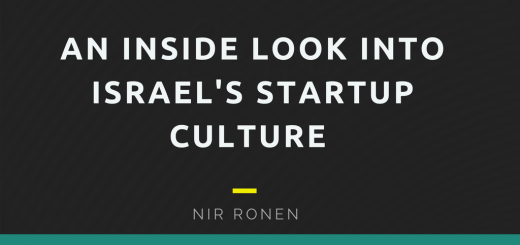A Look into The Upstarts
In his book, The Upstarts, How Uber, Airbnb, and the Killer Companies Are Changing the World, Brad Stone begins with a dictionary definition. To paraphrase, an upstart is a newly successful person in an activity who doesn’t show proper respect for the established way of doing things. It is, from reading this book, a perfect way to describe Uber and Airbnb’s attitudes in conquering their respective fields.
Stone, a former journalist for Bloomberg Businessweek, gives the reader a behind the scenes look through all the twists and turns of Uber and AirBnB’s humble company beginnings to their meteoric rise to multi billion dollar companies. Uber recently hit valuation markets of $70 Billion, while AirBnB has a current valuation of $31 Billion. For each company, it was a long and dramatic path from their modest origins. AirBnb, for example, began as airbedandbreakfast.com, a way for renters to earn extra cash by providing guest with an air mattress for the evening.
Uber and Airbnb benefited from the technology conditions of the early 2000s. As the ideas for the two companies were percolating, iPhone mass adoption was just beginning, and mobile apps were being created exclusively for this platform. Facebook’s popularity created the concept of a person’s online persona. And computers, phones, and broadband internet were getting cheaper and more powerful. As Stone wrote, “People were starting to run large portions of their lives online, mostly through the slender slabs of plastic, glass and silicon that they could hold in their hands and slip into their pockets.”
It is not possible by any stretch of the imagination to attribute Airbnb and Uber’s successes to just being at the right place at the right time. Both companies faced incredible systemic hurdles and in many cases, confronted them head on. In cities all over the world, Uber faced fierce resistance from taxi companies, regulators, lawmakers and violent protests from the cab drivers themselves. They were served cease-and-desist letters from many metropolitan regulatory agencies. Airbnb confronted equal resistance from activists, hotel unions and lawmakers, who blamed the company for worsening the housing shortages, driving up housing costs and avoiding hotel taxes.
In one dramatic story, the DC Taxicab Commission was forcing a price floor on Uber’s pricing in January 2012. Uber appealed to its customers to fight on its behalf. Within 24 hours, council members received 50,000 e-mails and 37,000 tweets with the hashtag #UberDCLove. They DC Taxicab Commission dropped the price floor proposal. Uber won. It also enlisted the support of its customers in other places like Cambridge, Massachusetts, Philadelphia, and Chicago and usually won as well.
In the end, the Upstarts points to the tenacity, will, grit, and mental toughness of Travis Kalanick Brian Chesky, and Joe Gebia, the leaders of Uber and Airbnb, who simply seem unphased at the prospects of any battle, whether it be with regulators or rivals. In this way, the book is a must-read for anyone who is thinking of pursuing an entrepreneurial venture. One can see in the stories of Travis, Brian or Joe, what it means to be truly entrepreneurial and completely devoted to the success of a venture.



